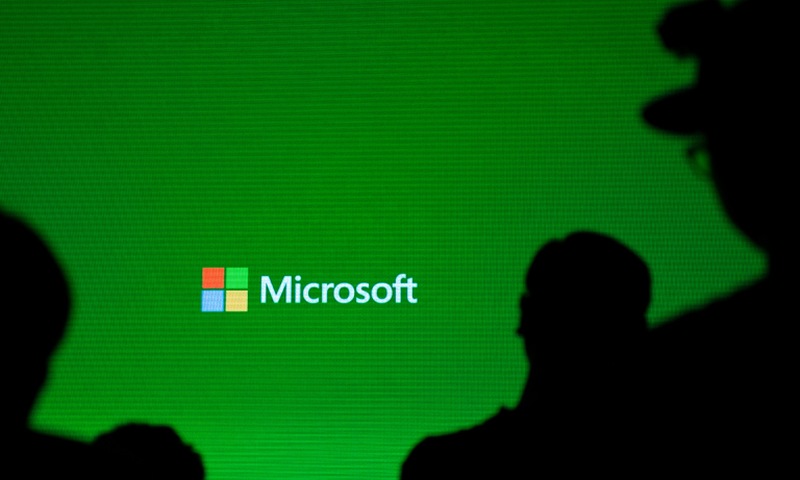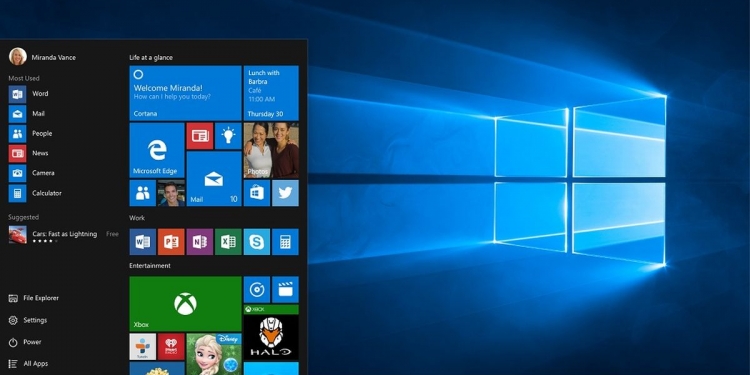Microsoft is doing away with support for 32-bit versions of Windows 10 for new OEM computers. This means that manufacturers of PCs will no longer have the option to include 32-bit Windows 10 ont heir devices, with support now limited to 64-bit builds.
This is reflected in an updated minimum hardware requirements page for Windows 10, with an excerpt below:
“Beginning with Windows 10, version 2004, all new Windows 10 systems will be required to use 64-bit builds and Microsoft will no longer release 32-bit builds for OEM distribution. This does not impact 32-bit customer systems that are manufactured with earlier versions of Windows 10; Microsoft remains committed to providing feature and security updates on these devices, including continued 32-bit media availability in non-OEM channels to support various upgrade installation scenarios.”
Based on the statement, support for current systems that have 32-bit Windows 10 installed will still be supported, with security and feature updates expected to continue from Microsoft.

This means that the new update and removal of 32-bit support from Windows will affect PC makers the most—although the ratio of users on 64-bit versus 32-bit builds make this a fairly expected move.
According to a survey run by Steam, only 0.2 percent of their users use 32-bit versions of Windows 10, with 86.08 percent already on Windows 10 64-bit. It must be noted that Steam’s userbase is largely made up of gamers, which could skew the survey towards those who are already going for more powerful machines.
Regardless of the ongoing, but limited support for current 32-bit machines, the update does spell out the death of Windows 10 32-bit in the future. As more and more new computers are announced—with the vast majority of them running on Windows 10 64-bit—32-bit will soon become a thing of the past.
[ SOURCE , VIA , IMAGE SOURCE ]








